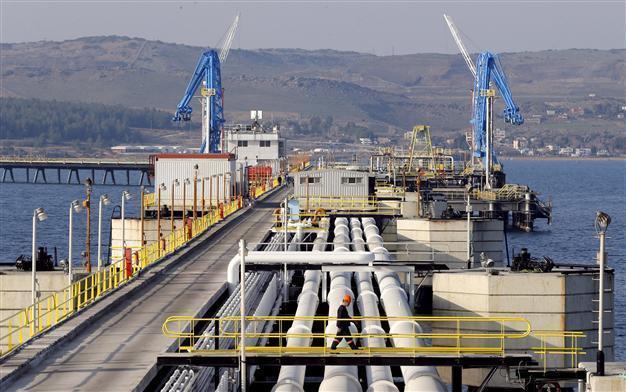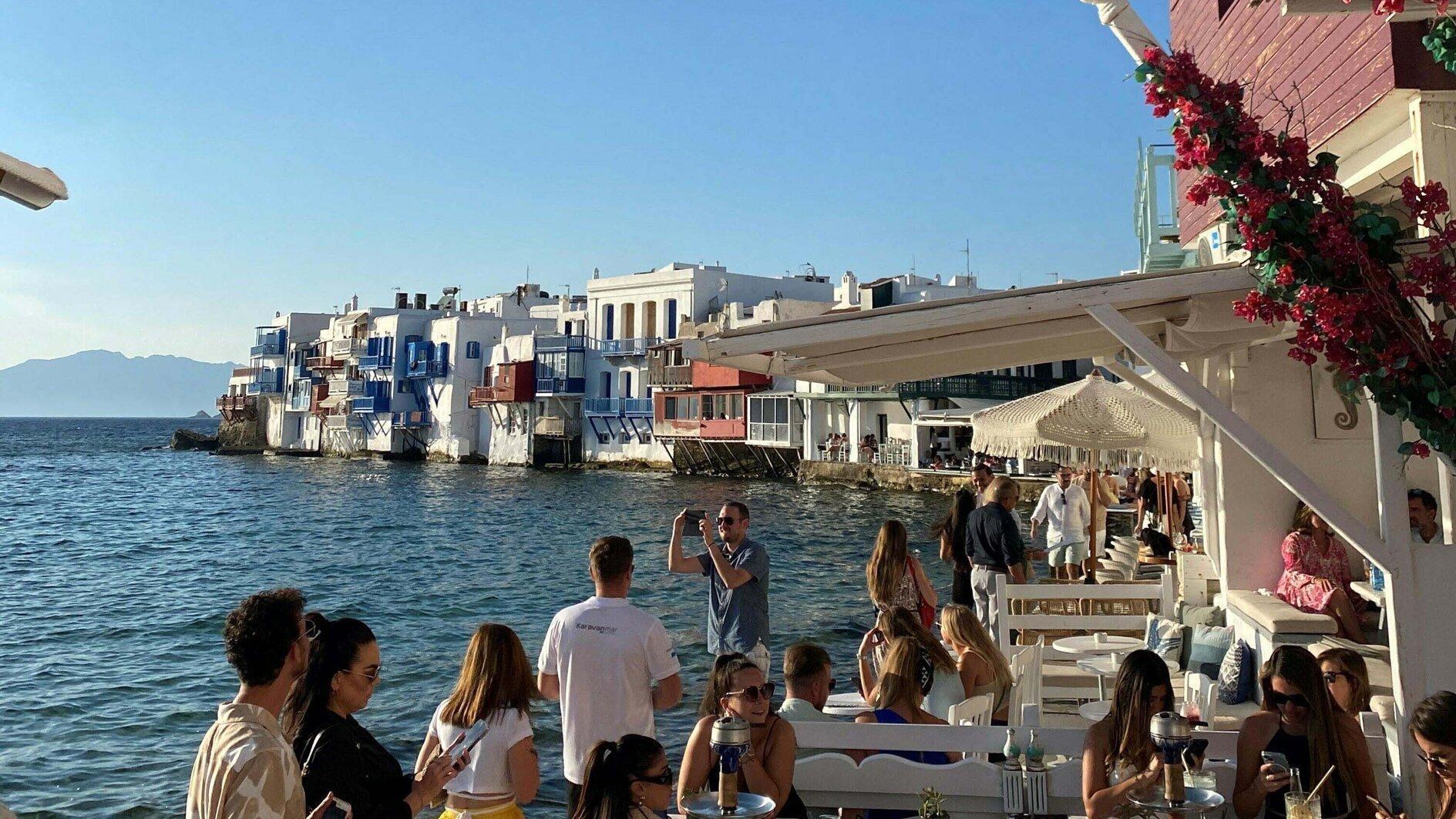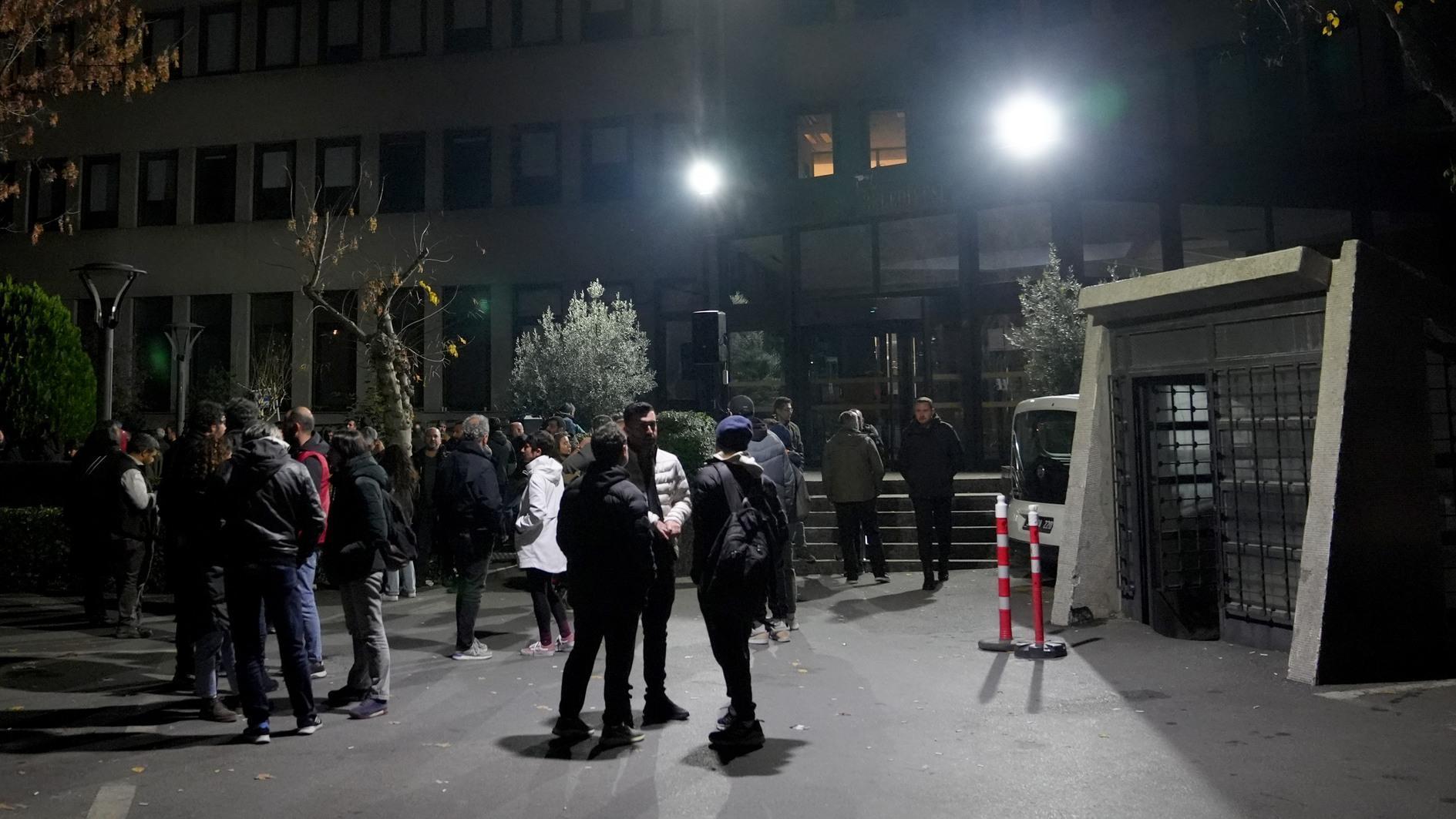Prospects dwindle for KRG Eurobond debut
LONDON - Reuters

REUTERS photo
Plans for Iraq’s semi-autonomous region KRG to tap international markets have been all but wiped out by falling oil prices, rising geopolitical tensions and a difficult backdrop for emerging economies, according to fund managers.In June, representatives from the Kurdistan Regional Government (KRG) met investors to gauge demand for a potential $500 million debut Eurobond issue, destined to help fund infrastructure and development projects across the region.
At the time, investors said they were interested but cautious. Seven weeks later, the issue looks unlikely to happen.
Oil prices are near six-month lows and the relationship between Erbil, the regional capital, and Baghdad is increasingly acrimonious.
Meanwhile it has become more difficult for smaller, less developed countries to tap markets before a looming Federal Reserve interest rate hike later in the year.
“I think the deal is effectively shelved - combination of weak oil, worsening geopolitics and a broad-based sell-off in emerging markets debt that has sapped investor appetite for new issues,” said one fund manager, adding he had not heard from policymakers or their bankers since meeting them in London.
The KRG is wedged between Syria, Iran and Turkey, which has launched air strikes against camps of the Kurdistan Workers Party (PKK) in Iraq and Islamic State of Iraq and the Levant (ISIL) fighters in Syria. It is also fighting ISIL insurgents on its southern and western fringes.
Recognized as a federal entity by Baghdad, the KRG holds the world’s ninth-largest oil reserves and has many attributes of statehood, including effective control over its territory and its own armed forces.
The KRG passed a law that allows it to raise funds through international borrowing, but has no prospect of gaining backing from the central government in Baghdad, which has mooted plans to raise $5 billion with an international bond issue this year.
Questions also remain over Arbil’s revenue stream, said Jakob Christensen, senior economist at Exotix.
A deal struck in December under which the KRG is set to transfer crude to Iraqi state-oil firm SOMO in exchange for Baghdad allocating Erbil budget payments has been in trouble from the start, with each side accusing the other of not sticking to the bargain.
Proceeds from oil sales by SOMO are going through a U.S. account, which can only be drawn upon by the central government. Payments for Kurdish crude sold independently are collected in a Turkish state bank account, accessible to Arbil. In recent weeks, the KRG has ramped up sales through the Turkish port of Ceyhan, escalating tensions with Baghdad.
“There is an agreement ... to have all oil revenues for Iraq to go through U.S. accounts, so it will be quite difficult to schedule anything outside this arrangement if you want to have the blessing of the U.S. and the oil revenues will be crucial to support any issuance,” said Christensen.
“We know sort of how much they produce in oil ... but if they cannot sell it seriously and consistently outside Iraq then that is a big issue.”
Without a guarantee from Baghdad, the bond would not be included in the major emerging debt benchmarks, be less liquid and appeal to fewer investors, demanding a higher premium.
















